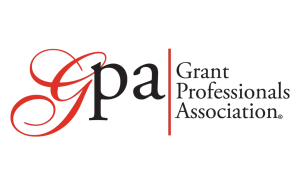Grant proposals are meant to convince funders that the need you will address is urgent, the response is well-considered, the expected results are achievable, the budget is on target, and your organization can get the job done. It is imperative to be scrupulously honest when making the case, and it is also essential to convey competence and strength.
“This is no place to equivocate about your organization’s ability to produce impact,” said Barbara Floersch, grants expert and author of You Have a Hammer: Building Grant Proposals for Social Change. “Be sure the language you use communicates expertise and competence.”
Stellar writing will never overcome pitfalls such as lapses in logic, poorly conceived programs, or unsupported claims. But wishy-washy writing that projects indecisiveness and uncertainty can cause funders to doubt your organization’s competence even when your argument is sound. Floersch offers these tips for producing a grant narrative that projects conviction and confidence.
- Explain what your organization will do. For example, tell the funder that you will engage 150 parents, 128 (85%) of whom will complete the parent education program, will demonstrate increased knowledge of positive parenting, and will report improved relationships with their children. When your program plan is based on best practices and proposed outcomes are realistic, there is no need to equivocate.
- When explaining authentic community connections, use words that engage the reader emotionally. For example, the beloved activity center is bright, welcoming, and embraced by the community’s racially and ethnically diverse residents.
- When explaining impact, use strong words that project proficiency. For example, conclusive evaluation data document positive outcomes that exceed original projections?
- Avoid weak words such as usually, probably, sometimes, and generally. These words scream equivocation and communicate uncertainty.
- Overused words and phrases often fail to communicate the intended meaning. Instead of inserting a tired word or phrase such as unique or cutting edge, stop and consider what you want the reader to understand. Then hammer out a concise explanation that tells the reader how something is different or original.
- Complex language and jargon are annoying, often incomprehensible, and can leave readers feeling frustrated or misled. Plain, straight-forward language is strong, easier to read, and increases the likelihood of being understood. Because plain language communicates with precision and clarity, it also builds trust and enhances credibility.
“Write like you mean it,” said Floersch. “Write like you have nothing to hide and everything to be proud of.”








